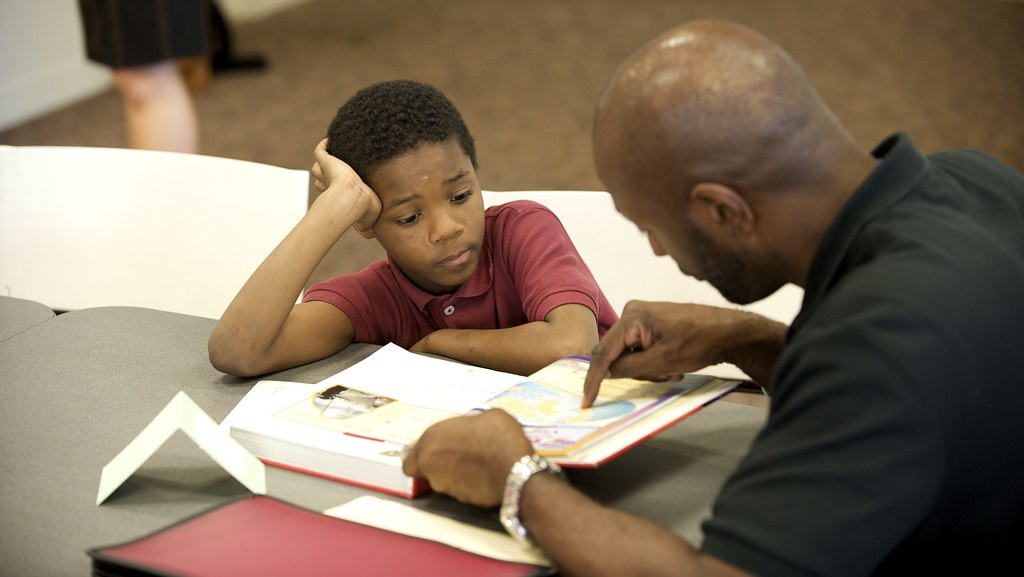To me, educational blogging takes a few different forms. For this class, educational blogging has provided me with an opportunity to dive deeper into some of the challenges that children, families, and teachers face in the field. However, it can also be an opportunity for teachers to share with families what their children are learning and doing at school. Personally, I am planning on teaching young children, so blogging is not particularly an activity that they can understand or interact with just yet, but teaching students about blogging in middle or high school has several benefits. For example, blogging for students can "promote self expression, develop analytical thinking, exercise students' creativity, improve students' writing skills, and encourages the sharing of resources among students and teachers" (NSU Florida Learning and Educational Center, 2019). For my purposes, my hope is that blogging looks more like sharing with parents and families what children are learning and doing weekly.
Throughout this experience of learning to blog, I have had the opportunity to access and read peers' blogs to learn more about educational topics. This is one of the great things about educational blogging is that you have easy access to others' ideas and can have discussions. The first thing that I learned about through a Cobi Genna's blog is about the Tennessee House Bill 2670. I was not familiar with this prior, but from her blog post I was able to understand more of what this bill is. Essentially, I was able to gather that TNHB2670 is requiring schools to gather information on employees and students regarding whether they feel comfortable or not discussing controversial topics in school. This bill has received heat especially in recent months concerning the teaching of Critical Race Theory. She explains both viewpoints on this matter such as - some employees or children may feel guilty about the innate privilege they were born into that they have no control over, whereas on the other hand other populations really advocate for the teaching of Critical Race Theory because of the underrepresentation they feel daily.
The second blog post I read was Rachel Lebo's concerning school safety. Personally, school safety is something that I also feel passionate about because children should be able to come to school every day and not have to worry that anything traumatizing or horrible will happen during the school day. Something that I learned from her blog post was about the Tennessee School Safety Specialist Program. I had never heard of this prior, but what this program does is provide training on state and national best practices, as well as resources for school safety to teachers and faculty. This was really interesting to me and I am glad that a program like this exists because sadly, all too often school shootings occur. It can happen anywhere, and sadly, it is very necessary for teachers and faculty to be trained, and to know the protocol for if something horrific were to ever happen.
Lastly, the third blog post that I read was from Maya Wielgosz. She discussed IDEA and Special Education in one of her blog posts. IDEA stands for Individuals with Disabilities Education Act. This act ensures that the people that qualify receive the appropriate services for them to be able to complete their education. One thing that this act does that Maya discusses is that it prohibits discrimination to children with disabilities and that they, too, receive quality education. This is something that is important for me to know, as there will be children with differing needs and will need accommodations/aids throughout my career.
All in all, I would consider my experience with blogging this semester positive. I have had the chance to learn more about issues that are relevant to the field of education, as well as learn about other issues that are important to my classmates. I think that for my purposes, teaching elementary, using a blog to share with families about what children are learning is going to make the most sense. However, I totally see the benefits of blogging across different age groups and different classrooms. I look forward to being able to use this resource as a way to connect with families in my future!




